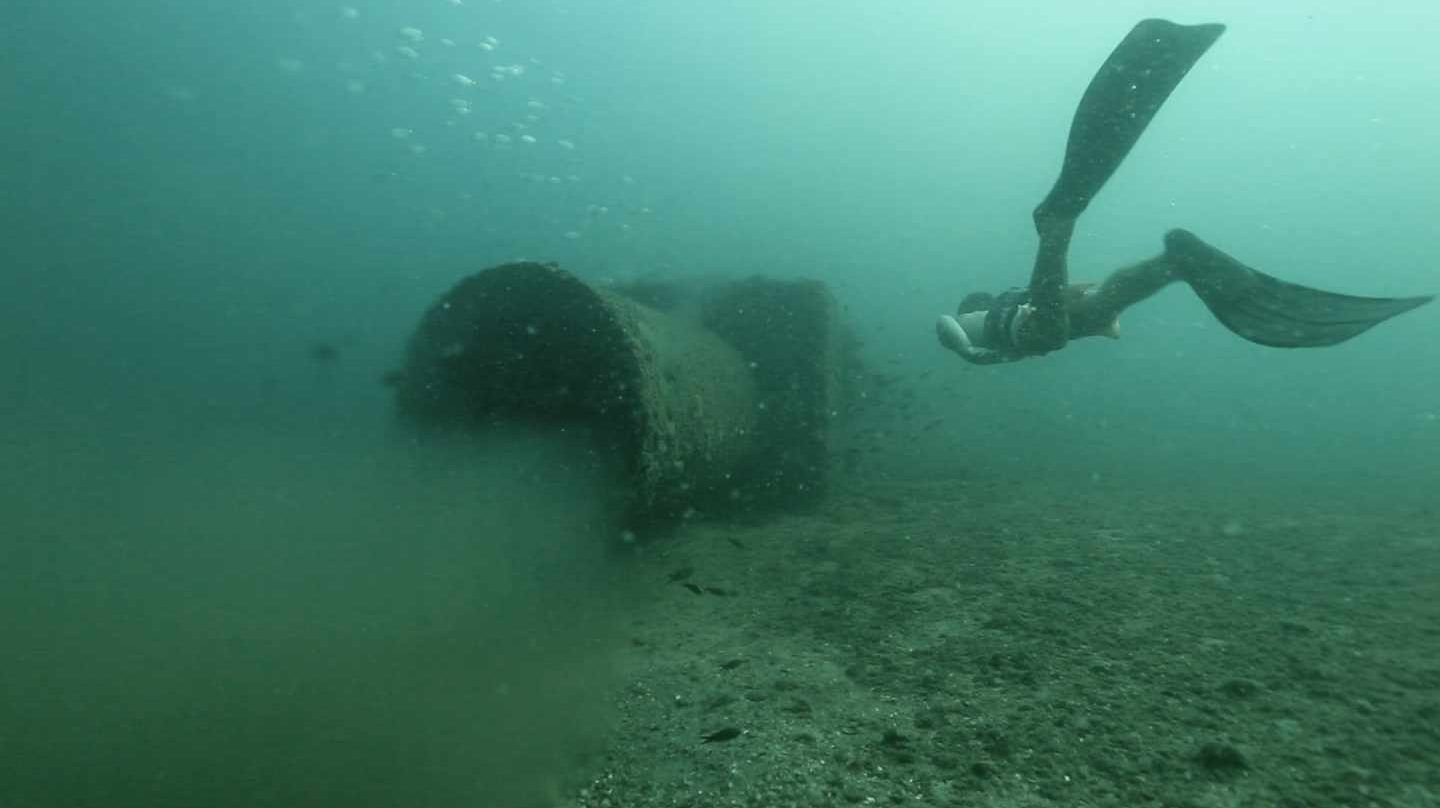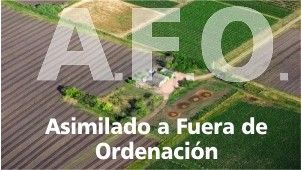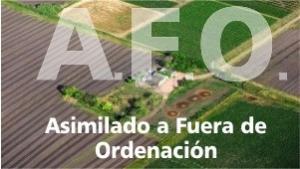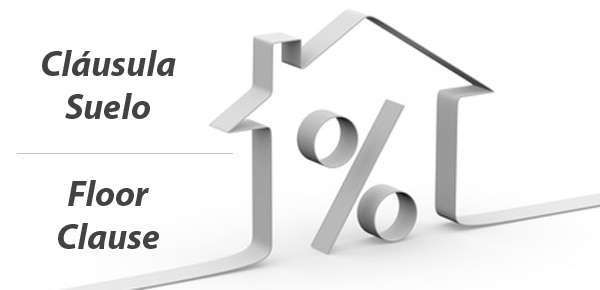PURCHASE OF A HOME IN SPAIN AND HOME INSURANCE: WHAT YOU NEED TO KNOW

Buying a home in Spain entails a great financial investment and, therefore, you’ll want to do it with the lowest possible risk. This is why it’s very important to obtain legal advice and hire a specialised lawyer to help you throughout the purchase process, so that you can enjoy legal certainty and be aware of all the relevant information about the property.
However, there is another important thing to do before signing the Purchase Deed for the property. It is advisable to have home insurance ready to prevent any risk of financial loss due to potential damages, such as theft, water damage or fire. The importance of home insurance for the owner’s peace of mind and the investment made is self-evident.
This is why we’re posting this article, to clarify some concepts for foreign homeowners in Spain, so that they can understand this very important product well. In the event that you are buying with a mortgage, the bank will advise you and recommend that you obtain home insurance as, in the event of serious damage to the mortgaged property, the bank will want to secure repayment of the money borrowed.
At the end of the article, we cover home insurance for rural homes built in Andalusia, with or without DAFO/SAFO.
What are the building and the contents in home insurance?
A home insurance policy for an existing or new build property is based on two main concepts: the building and the contents.
1) The building (continente) is made up of the construction and structural elements of a home or building, whether these are walls, ceilings, floors or installations such as heating, water or electricity, among others.
2) The contents (contenido) are made up of the belongings of the people living in the home, such as furniture, electronic devices, personal effects, clothing, jewellery, art, etc.
What would be an appropriate value for the contents?
To properly assess the contents, we recommend that you think about how much it would cost you to buy the items you have in your home, going room by room until you cover everything in it. Jewellery or cash money have specific valuation in home insurance and may be insured up to a certain limit or under certain conditions. In other words, in this case, this information must be provided to the company so that it takes it into account in the policy.
And what is the right value for the building?
If the building becomes damaged, e.g. a fire, the company will provide compensation according to the cost of rebuilding the home, i.e. the potential cost of rebuilding the home must be calculated. The resulting value of this calculation is the one that should be included in home insurance as the value of the building.
A very common way to calculate said value is the use of average estimated building values published by the Colleges of Architects. For instance:
Mr Olle Johansson, a Swedish national, purchased a new home in the city of Malaga in 2020. It’s a flat measuring 120 sq. m.Well, taking into account the average estimated building values from the College of Architects of Malaga for 2020, the value per square metre built would be 809 euros. In other words, the value of the building for 120 square metres would be 97,080 euros. If there is an underground carpark and a store, these should also be appraised separately from the home, so that the policy covers them. Another example: Mr Jan Van Poppel, a Dutch national, will purchase a home in the countryside, in the Mijas area (rural land), which has: 200 built square metres plus 30 square metres for a pool. The value per square metre for an isolated home in the countryside is 984 euros and the value of the pool would be 445 euros per square metre. Therefore, the value of the building would be about 210,150 euros.
Valuing the building at the purchase price
When we buy a home and obtain home insurance, we often think about setting a value for home insurance as close as possible to the purchase price paid for the property. However, this reasoning is misleading as it should be taken into account that the land where the home is located is not covered by home insurance, as the land always remains intact. In the event of serious damage, if you already own the land, you only need to insure the cost of rebuilding the home. However, the value of this land is what makes up most of the purchase price of a home in most urban sales. For instance, buying a home in the golden mile in Marbella, in central Malaga or on the beachfront in Nerja entails a high cost due to the location (land) of the property, rather than for the value of the building itself.
Rebuilding is much cheaper than buying when you already own the land. Therefore, the most important thing is to insure the real reconstruction value in the event of serious damage. This is about assigning the actual value to the building of your property. You also need to take into account that, when you own a home in a block of flats, if there is serious damage affecting the building, the community insurance will cover part of the damages affecting only the common elements of the building. The façade, roof, terraces, etc., are elements that would be covered by the insurance of the Homeowner’s Association in the event of a fire. In other words, if you are buying a flat or apartment, you’ll need to insure the building. This is why, in these cases, you should calculate the reconstruction value of your building for insurance purposes. If you provide a value above the reconstruction value, this would lead to so-called over-insurance in your home insurance and, if you provide a lower value, it would lead to under-insurance.
What would happen in the case of over-insurance in the policy?
Imagine a home in a building measuring 100 square meters, with a building value of 300,000 euros because this was the price paid when it was bought. If there is a serious accident requiring the reconstruction of the home, the company will never pay more than the reconstruction value, which would in general be around 80,000 – 90,000 euros. In this case, the owner would be paying a very high premium every year for the insurance policy needlessly, as the company will only honour claims up to the reconstruction cost of the home. In extreme cases, the company could even interpret that there has been bad faith when obtaining the insurance policy and this could be a major issue, as it could declare the policy void and refuse to pay the amounts that should be paid in the event of damages.
What happens in case of under-insurance?
In the event that the building or content is valued below the actual value of the building or furniture, the company will not cover 100% of the damages, even if the amount of the claim is lower than the value of the insurance policy. For instance, if the actual value of reconstruction of the building is 100,000 euros and the policy contains a building value of 60,000 euros, the home would only be insured at 60%. Someone might think in this case that any damages equal to or lower than 60,000 euros would be covered by the policy but in reality that’s not the case. For instance, in the event of a small fire with damages valued at 10,000 euros, the company would interpret that 40% of the claim is not covered by the policy as only 60% of the building value of the home is insured. Therefore, it will only pay 6,000 euros as compensation, always applying the rule of proportionality to every claim.
Special insurance: luxury homes
If you own a luxury home or you are thinking about buying a luxury home, the estimated cost of reconstruction or replacement based on the coefficients of the colleges of architects would surely not be a valid calculation method for homes of this type. The key to insure the building in homes of this type is to calculate the reconstruction value of the property with objective parameters. I.e. if the home has very high quality finishes in terms of automation, insulation, aluminium or timber structures, flooring, taps, toilets, air conditioning, etc., this must be taken into account and, in this case, these values should be added to the building insurance. As mentioned, the value of the building must be as accurate an estimate as possible of what it would cost to rebuild the home to the same standards. In this case, it’s very important to inform the company of the “peculiarities” of this home so that it has as much information as possible and to accredit the reason behind the value of building insurance being above the average reconstruction values in the area. Keeping all purchase invoices and proof of purchase for high-value furniture is very important to prove the estimated cost.
What is the insurance compensation consortium?
All persons who have an insurance policy in Spain, whatever the type, pay a small part of the price to the consortium. The consortium is a public business entity that covers accidents such as flooding, terrorism, atypical cyclones, large fires or other risks set down in the “extraordinary risk insurance regulations”, which are not covered by insurance policies, with damages of this type being expressly excluded from insurance covers. When damages of this type occur, as the insurance company does not cover them, the consortium acts as guarantor to compensate policyholders and keep them protected in these situations.
Rural homes and the building value in home insurance
First of all, we should remember the legal premise that most existing rural homes (rustic / countryside) in Andalusia, which are used for residential purposes, are illegal and, therefore, in the event of the destruction and total loss of the home, such as due to fire, earthquakes, serious flooding, etc., they cannot be rebuilt. This is because the Urban Planning Law of Andalusia (LOUA) does not allow for issuing a building permit on rural land for a residential home. The existence and continuity of those thousands of illegal homes on rural land are based on their age. Therefore, in the case of destruction or total loss, there would no longer be an old home and it would not be possible to obtain a permit to build a new house or rebuild the one that was there.
The above explanation means that the value of the building in home insurance for these homes can be estimated, as mentioned above, at around 984 euros per square metre built in Malaga. As the value is based on what it would cost to rebuild the home and the rural home cannot be legally rebuilt in the event of total loss, what situation would we be in? In the event of total loss, if we have a country home with a surface area of 150 square metres and the building is valued at 150,000 euros, the company would pay that amount as compensation for the building, along with the amount corresponding to its contents. In this case, the owner would receive compensation for the home in addition to the value of land where nothing can be built. This is why the value of the land in a rural home is very low compared to the construction value, especially when compared to an urban home on land where it is legal to rebuild it.
Tips for a safe and well insured home
When obtaining home insurance and purchasing your property, think carefully about the value of the building and contents and don’t forget to include stores, parking spaces, pools, etc. If you have any doubts about the insurance value, talk to the insurance company itself. It’s important for the company to help you clear up any doubts when assessing your insurance value.
Author: Gustavo Calero Monereo, lawyer of C&D Solicitors (Torrox, Málaga Andalusia)





















